Cetirizine Tablet 5 mg for Cats: Effective Allergy Relief and Dosage Guide
As cats age or come into contact with various allergens in their environment, many may begin to suffer from allergic reactions. These reactions can cause symptoms ranging from itchy skin and irritated eyes to respiratory issues and gastrointestinal discomfort. One effective solution commonly prescribed by veterinarians is Cetirizine Tablet 5 mg for Cats, an antihistamine that offers relief from allergy symptoms in feline companions.
Cetirizine, a second-generation antihistamine, works by blocking histamine receptors, which are responsible for triggering allergic reactions in the body. While it’s well-known for its use in humans, Cetirizine is also increasingly recognized for its effectiveness in treating feline allergies.
What is Cetirizine?
Cetirizine is an antihistamine medication used to treat symptoms of allergic reactions, including those related to hay fever, pet allergies, and seasonal allergens like pollen. It is classified as a second-generation antihistamine, meaning it is less likely to cross the blood-brain barrier and cause drowsiness compared to first-generation antihistamines like Diphenhydramine (Benadryl).
For cats, Cetirizine is typically used to address allergic conditions such as itching, sneezing, and watery eyes. While effective, it’s important to administer the medication under veterinary supervision to ensure safety and appropriate dosage.
Indications for Cetirizine Tablet 5 mg in Cats
Cetirizine is most commonly prescribed for managing the following allergic conditions in cats:
1. Allergic Dermatitis and Skin Conditions
Allergic dermatitis is one of the most common conditions for which Cetirizine is prescribed. This condition occurs when a cat’s immune system reacts to allergens, causing inflammation of the skin.
- Flea saliva (leading to flea allergy dermatitis)
- Dust mites
- Pollen
- Mold
- Food allergies (less common but still significant)
Symptoms of allergic dermatitis include severe itching (pruritus), red, inflamed skin, hair loss, and sometimes secondary infections due to scratching.
2. Seasonal and Environmental Allergies
Just like humans, cats can suffer from seasonal allergies, particularly when pollen and other environmental allergens are abundant during certain times of the year. Symptoms in cats may include sneezing, watery eyes, nasal discharge, and coughing. Cetirizine offers a reliable way to manage these symptoms, providing relief and improving the cat’s quality of life during allergy season.
3. Respiratory Symptoms Due to Allergies
Feline allergic rhinitis can result in nasal discharge, sneezing, and congestion, similar to hay fever in humans. Cetirizine can reduce the severity of these respiratory symptoms, allowing the cat to breathe more easily. It is especially helpful for cats that are allergic to airborne allergens like dust and pollen.
4. Itchy Eyes and Watery Eyes
In addition to skin and respiratory symptoms, cats can also develop itchy or watery eyes due to allergens in their environment. This is particularly common in cats with sensitivities to pollen, mold, or dust. Cetirizine helps alleviate eye discomfort by reducing the body’s histamine response, which is the primary cause of itching and excessive tearing.
5. Flea Allergy Dermatitis (FAD)
Cats with flea allergy dermatitis experience extreme itching, hair loss, and inflamed skin due to an allergic reaction to flea saliva. Cetirizine can help control the itching and inflammation associated with FAD, although it is not a substitute for flea prevention. It is often used alongside flea control methods to manage the allergic symptoms.
How Does Cetirizine Work in Cats?
It binds to histamine receptors (specifically H1 receptors), which causes the symptoms we associate with allergies, such as itching, swelling, and increased mucus production.
By blocking the H1 receptors, Cetirizine reduces the body’s reaction to allergens, providing relief from itching, swelling, and other allergy-related symptoms. Unlike first-generation antihistamines, Cetirizine does not cross the blood-brain barrier, meaning it has minimal sedative effects on cats.
Dosage Guidelines for Cetirizine Tablet 5 mg for Cats
Standard Dosage
| Condition | Dosage | Frequency | Notes |
| Healthy Adult Cats | 5 mg (1 tablet) | Once daily | Standard dose for adult cats. |
| Small Cats/Kittens | 2.5 mg (½ tablet) | Once daily | For small or young cats. |
| Cats with Kidney/Liver Issues | 2.5 mg (½ tablet) | Once daily | Reduced dosage, consult vet. |
| Missed Dose | Administer as soon as possible | – | Skip if close to next dose. |
| Overdose | Contact vet immediately | – | Symptoms: sedation, vomiting, incoordination. |
Administration Tips:
- With or Without Food: Cetirizine can be given with or without food. If your cat has an upset stomach, consider giving it with food.
- Easy Administration: Tablets can be given directly or hidden in a treat or food to make it easier for your cat to take.
Adjusting the Dose
If your cat has specific health conditions, such as kidney or liver disease, your veterinarian may recommend a lower dosage or a different treatment plan. Always consult with your vet before adjusting the dosage.
Overdose Symptoms
Overdosing on Cetirizine can lead to side effects such as excessive sedation, vomiting, and loss of appetite. If you suspect your cat has ingested too much Cetirizine, contact your veterinarian immediately for advice.
Benefits of Cetirizine Tablet 5 mg for Cats
Cetirizine Tablet 5 mg offers numerous benefits for cats suffering from allergies or related symptoms. Here’s a detailed look at the key advantages of using Cetirizine for your feline friend:
1. Effective Allergy Relief
- Itching and Skin Irritation: Effective for conditions like allergic dermatitis, flea allergy dermatitis, and other skin allergies.
- Sneezing and Nasal Discharge: Helps with respiratory symptoms caused by environmental allergens like pollen, mold, or dust.
- Watery Eyes: Reduces eye irritation and excessive tearing due to allergies.
2. Minimal Sedative Effects
This makes it suitable for daily use without causing excessive drowsiness or lethargy, allowing your cat to remain active and alert.
3. Long-Lasting Relief
Cetirizine offers up to 24 hours of relief with just one dose, making it ideal for once-daily administration. This long-lasting effect helps keep your cat comfortable throughout the day, without needing multiple doses.
4. Safe for Long-Term Use
When administered under veterinary guidance, Cetirizine is generally safe for long-term use in managing chronic allergic conditions, such as seasonal allergies or food sensitivities. Its low risk of side effects makes it a reliable option for ongoing treatment.
5. Easy Administration
Cetirizine tablets are simple to administer, and they can be given directly or hidden in a treat or food. This ease of administration makes it an ideal choice for cats that are picky eaters or have difficulty swallowing pills.
6. Well-Tolerated by Most Cats
Cetirizine is generally well-tolerated by cats, with most experiencing little to no side effects.
7. Non-Prescription Availability
In many cases, Cetirizine is available over-the-counter, allowing for easier access for pet owners. However, it’s important to consult with a veterinarian before starting treatment to ensure it’s appropriate for your cat’s specific condition.
Side Effects and Precautions
These include:
Common Side Effects:
- Mild Sedation: Some cats may become lethargic or sleepy. This usually resolves within a few hours.
- Dry Mouth: Ensure fresh water is always available.
- Gastrointestinal Upset: Loss of appetite, vomiting, or diarrhea may occur. Administer with food to reduce irritation.
- Behavior Changes: Rarely, cats may become irritable, restless, or aggressive. Consult a vet if this occurs.
Rare Side Effects:
- Increased Thirst or Urination: May indicate a reaction or an underlying issue like kidney disease.
- Heart or Respiratory Problems: Rapid breathing or wheezing requires immediate veterinary attention.
Precautions
- Kidney or Liver Disease: Cats with liver or kidney issues may need a reduced dose of Cetirizine.
- Pregnancy and Lactation: The safety of Cetirizine in pregnant or nursing cats has not been well studied, so it should only be used under veterinary supervision in these cases.
- Drug Interactions: Cetirizine may interact with other medications, including corticosteroids, other antihistamines, and certain sedatives.
When to Consult a Veterinarian
If you notice any signs of an allergic reaction in your cat, such as excessive scratching, ear infections, or respiratory distress, it’s important to consult your veterinarian. They can determine whether Cetirizine is an appropriate treatment and monitor your cat’s progress. Regular veterinary visits are essential for ensuring your cat’s allergy symptoms are well managed and that no adverse reactions to the medication occur.
Clinical Research on Cetirizine for Cats
While clinical research on Cetirizine specifically for cats is limited, several studies and veterinary reports suggest its effectiveness in managing various allergic conditions in felines.
1. Efficacy in Treating Allergic Dermatitis
Clinical studies in veterinary medicine have shown that Cetirizine can effectively reduce symptoms of allergic dermatitis in cats. Allergic dermatitis in cats is often triggered by environmental allergens, such as pollen, dust mites, and flea saliva. Cetirizine helps reduce inflammation, itching, and discomfort associated with this condition by blocking histamine receptors that trigger allergic responses.
2. Use in Seasonal Allergies
Although more clinical research is needed, Cetirizine has been found to be effective in treating seasonal allergies in cats. Cetirizine works by inhibiting histamine release, which is a major factor in allergic responses, leading to relief from symptoms like sneezing, watery eyes, and nasal discharge.
3. Safety and Tolerability
Studies have generally shown that Cetirizine is well-tolerated in cats when given at the recommended dosage. Compared to first-generation antihistamines like diphenhydramine, Cetirizine has a lower risk of sedation and side effects, making it a safer option for long-term allergy management in cats. However, veterinary reports suggest that some cats may experience mild side effects like lethargy, dry mouth, or gastrointestinal issues.
4. Effectiveness in Flea Allergy Dermatitis (FAD)
Clinical findings indicate that Cetirizine can help alleviate the itching and skin inflammation caused by FAD, providing comfort to affected cats. However, it is important to note that Cetirizine is not a substitute for flea control and should be used in conjunction with proper flea prevention methods.
Conclusion
Cetirizine Tablet 5 mg for Cats is a highly effective and reliable solution for managing allergic reactions and symptoms in feline companions. Whether your cat suffers from allergic dermatitis, seasonal allergies, respiratory issues, or flea allergy dermatitis, Cetirizine provides much-needed relief from discomfort and irritation. Its ability to block histamine, the main chemical responsible for triggering allergy symptoms, makes it a valuable tool in veterinary care. The medication’s benefits, including its long-lasting effects, minimal sedative properties, and ease of administration, make it a popular choice for managing chronic allergic conditions in cats.







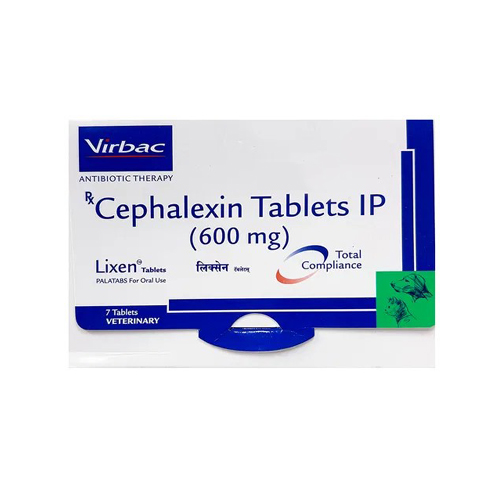
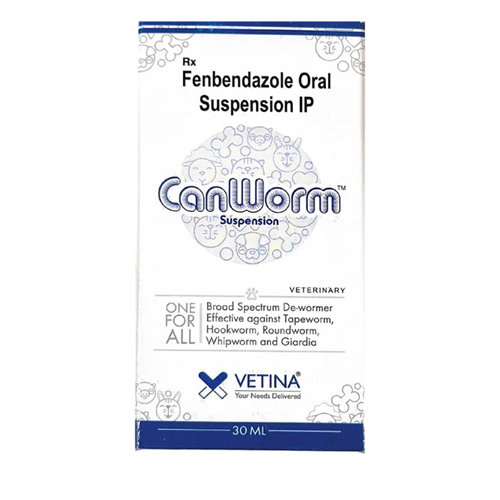



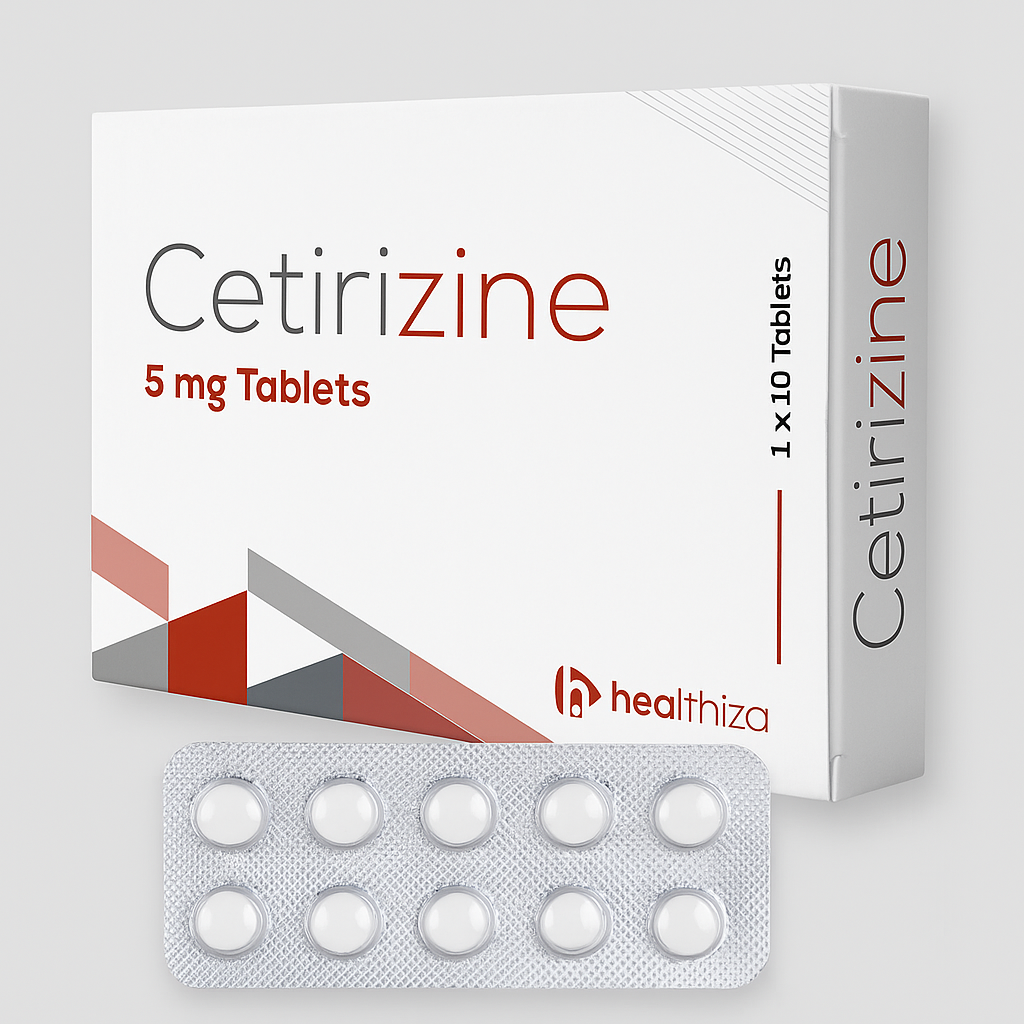
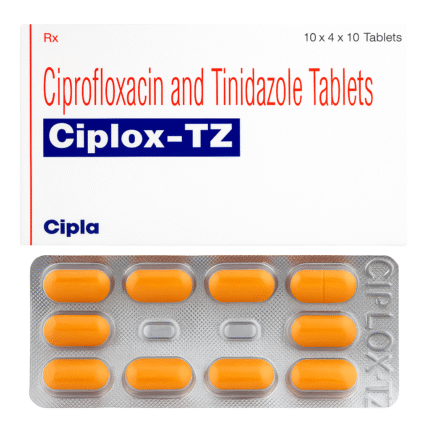
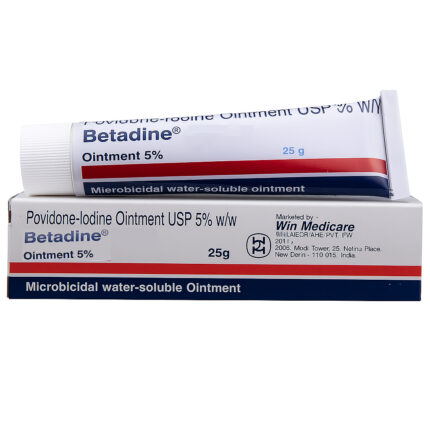
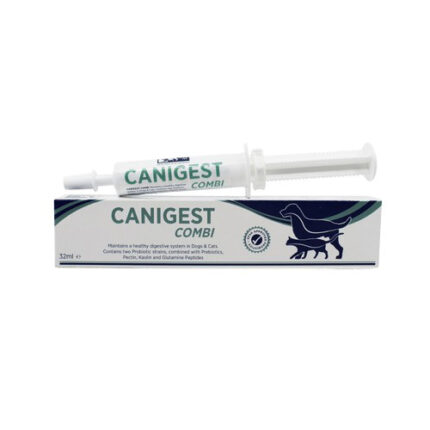
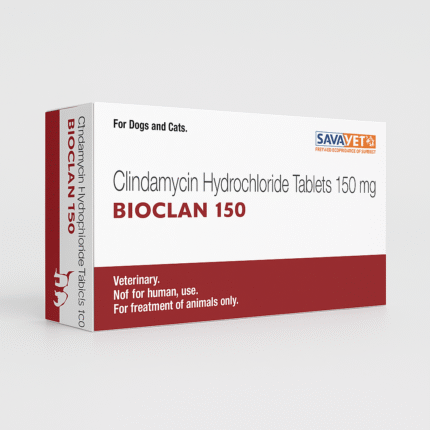
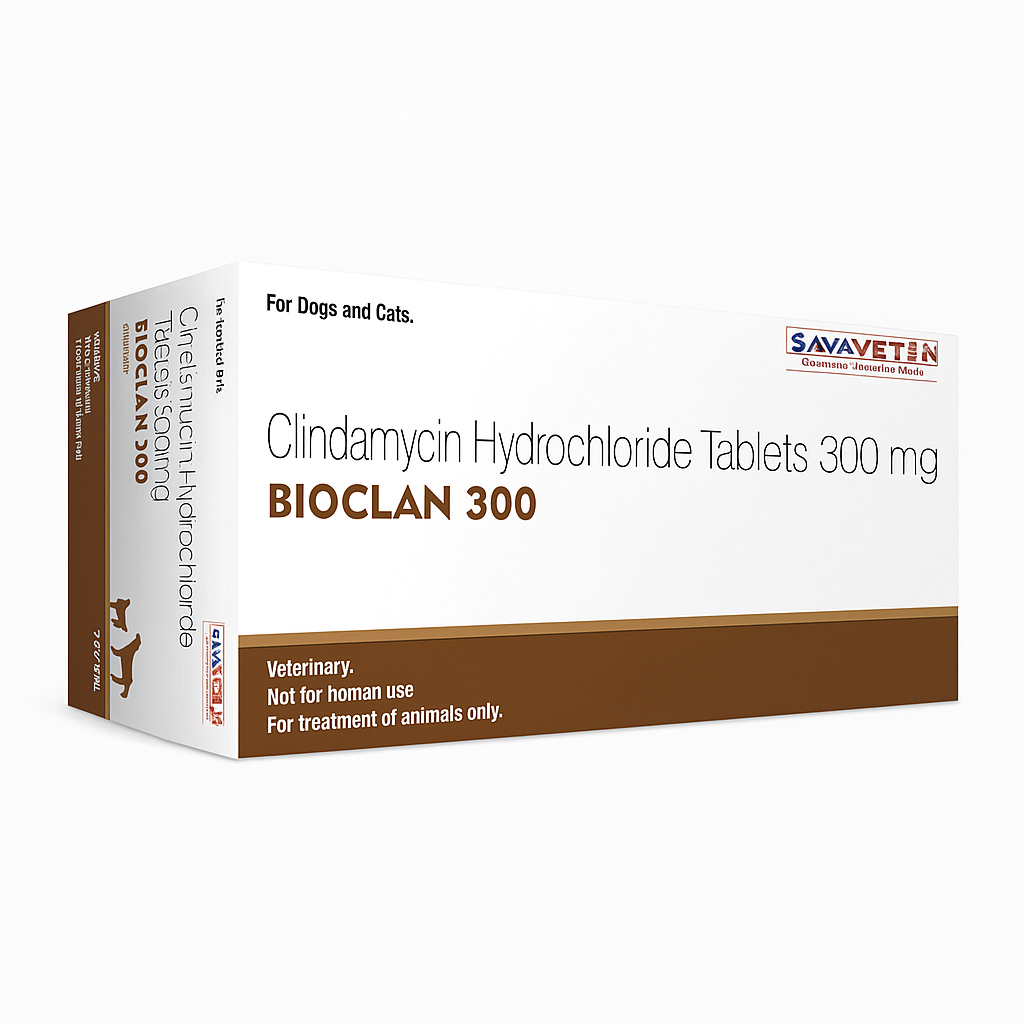
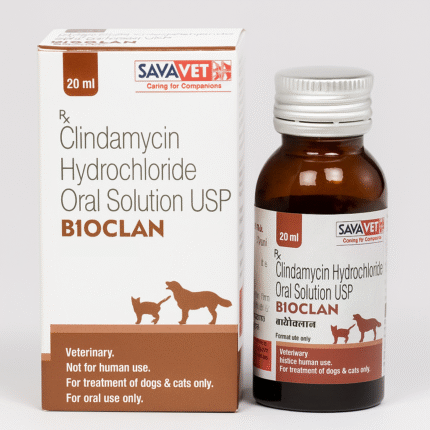


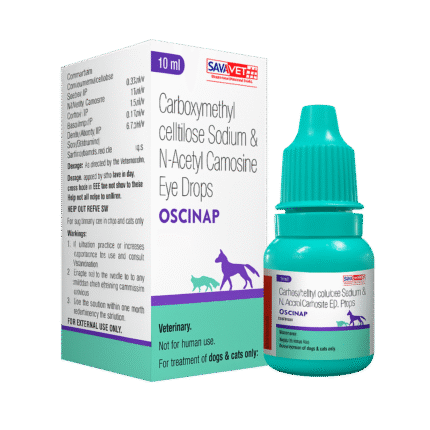


Reviews
There are no reviews yet.